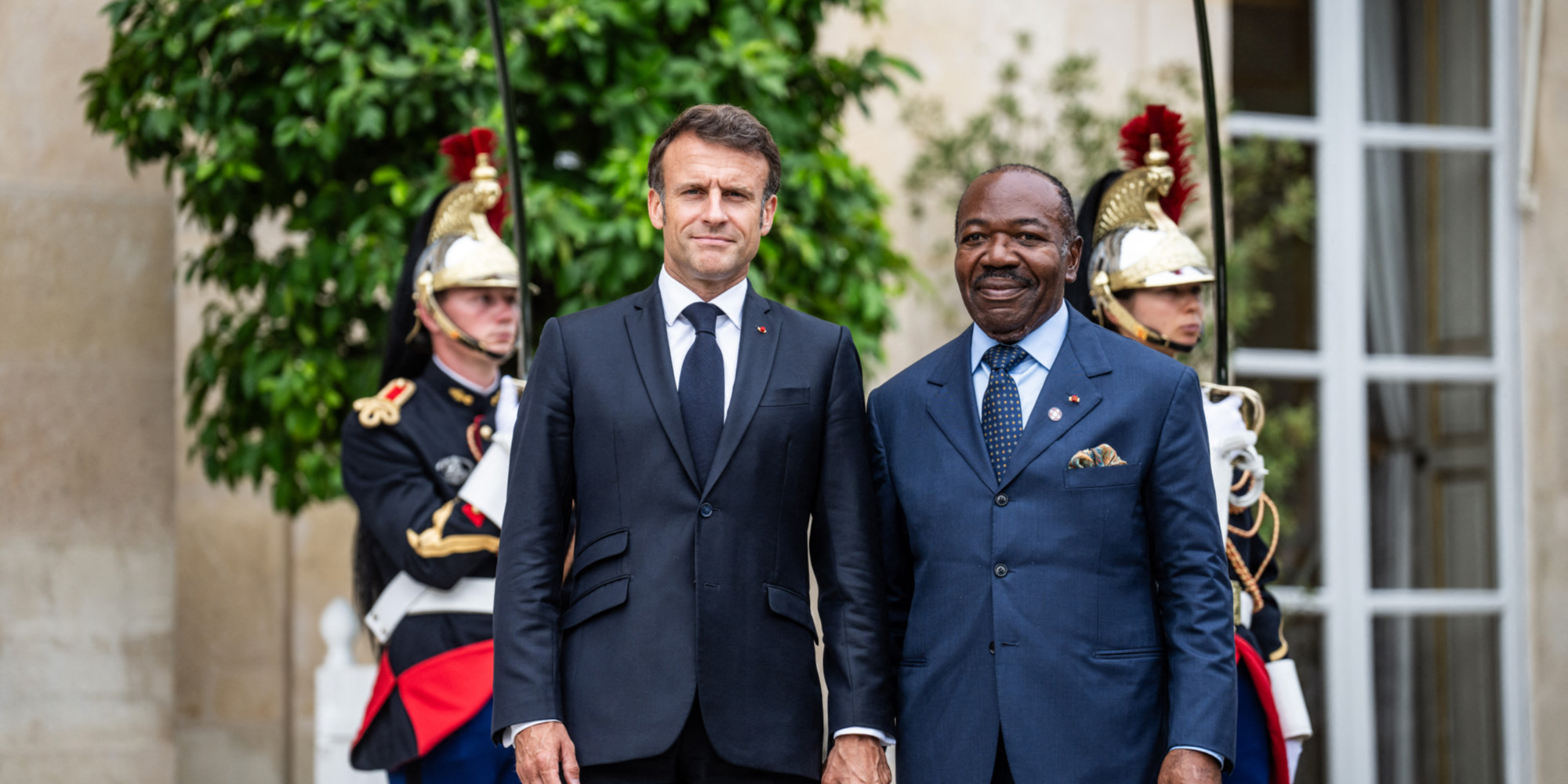Arthur Delaborde / Photo credit: Xose Bouzas / Hans Lucas / Hans Lucas via AFP
The heads of state and government gathered in Paris this Friday on the last day of the summit for a new global financial pact announced some financing agreements.
How to fight against poverty and climate change? We need a shock of public funding and more private funding, pleaded Emmanuel Macron in Paris at the opening of the summit for a new global financial pact. The summit is coming to an end at the Palais Brongniart, the former Paris Stock Exchange. About forty Heads of State and Government are present. What conclusions can we draw from this summit?
No binding commitment
No binding commitment has been made but a common roadmap is about to be unveiled to finance the fight against global warming in the countries of the South and at the same time the fight against poverty. “This summit is not a summit for nothing”, Emmanuel Macron has just explained during the closing ceremony.
“The agenda that we are setting with this method is very important and the objective that we must give ourselves is to try in a very simple way to have a form of political commitment at the end of our debates which describe an intention, a consensus on which we will be able to pursue this agenda and crystallize it through more binding documents”, detailed the Head of State.
Promises not ambitious enough?
The French president therefore hopes in particular to move forward in the coming months towards the creation of an international tax on financial transactions which would target air tickets and maritime transport. Concretely, at the end of this summit, old promises are also presented such as the 100 billion dollars given each year by rich countries to poor countries to deal with global warming. A promise of 2009 which will therefore be a priori held in 2023, assures Emmanuel Macron.
The other promise is that of 100 billion via the reallocation of special draws. Thus, France will, for example, give back 40% of the money it received via this mechanism from the International Monetary Fund. All this is still very little compared to the 2,000 billion euros per year that the countries of the South would need to face the climate challenge, according to a report commissioned during COP 27 in Egypt.
